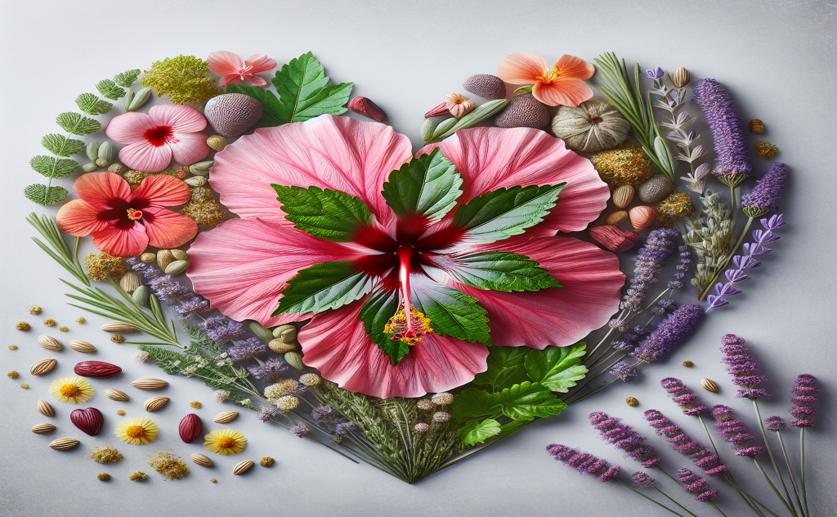
Exploring Heart Health Benefits of Hibiscus and Herbal Mixes
Jenn Hoskins
16th January, 2024

Image Source: Natural Science News, 2024
References
Main Study
1) A pharmacological and toxicological biochemical study of cardiovascular regulatory effects of hibiscus, corn silk, marjoram, and chamomile.
Published 15th January, 2024
https://doi.org/10.1016/j.heliyon.2023.e22659



 15th January, 2024 | Greg Howard
15th January, 2024 | Greg Howard